The Double Crossroads
Isa used to be a Venezuelan woman. Today, he is a migrant transgender man. The story of his transition can't be understood without the story of his migration. Isa is a man because he left Venezuela.


Photos: Barbara Matehu
The story of my migration is the story of my transition: I’m a man because I left Venezuela, I stopped being a woman because I came to Miami. These two facts are inseparable.
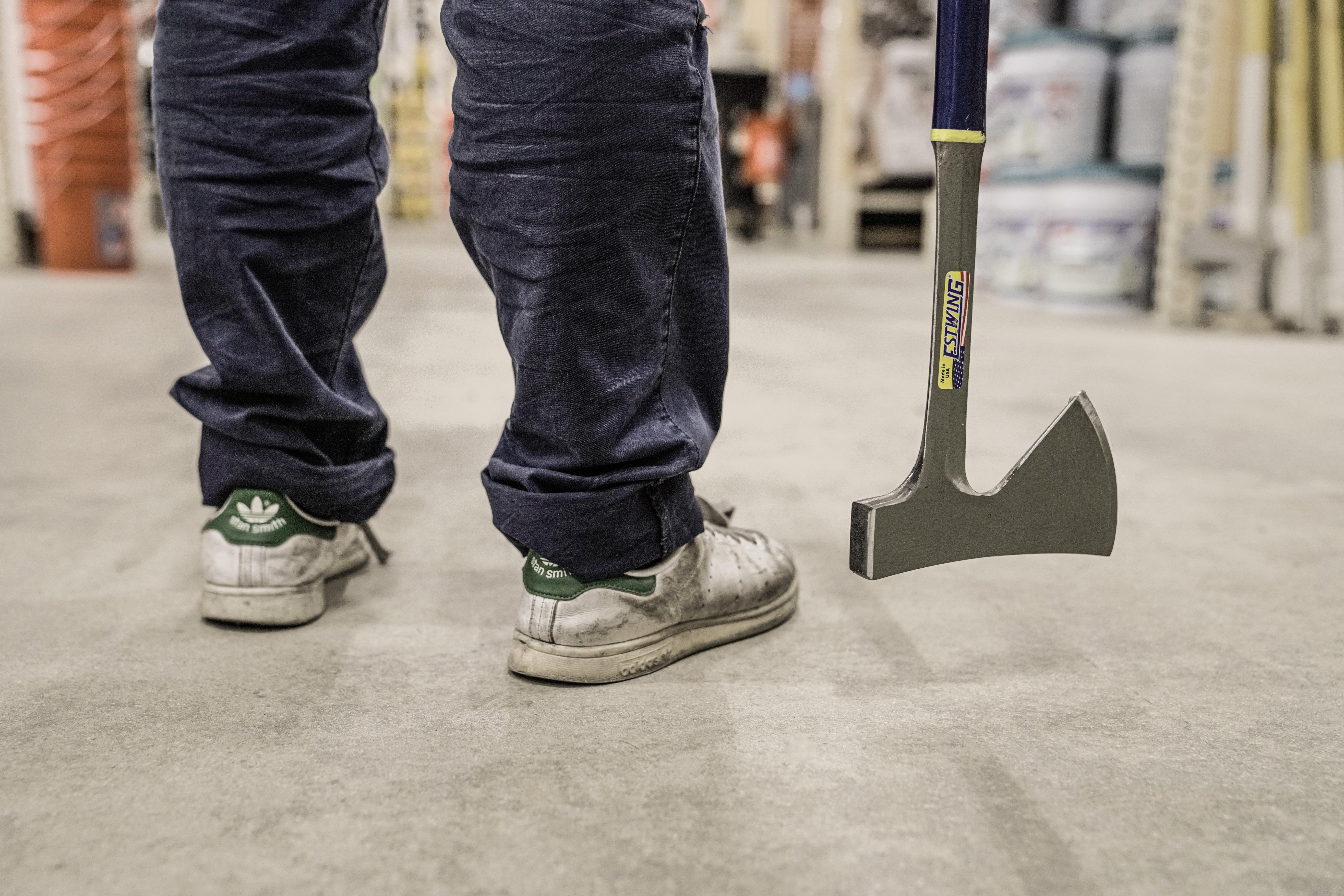
Miami, 2019. Photo: Barbara Matehu.
The Venezuela I left in July 19th, 2017 was the most terrifying I had lived. Some estimate that about two million people left the country that year due to the persistent political, economic and humanitarian crisis. The Supreme Tribunal of Justice usurped the National Assembly’s authority. Street protests were repressed with lethal force. Shortages and inflation were still bearable, but they’d been getting worse for years. And I was part of an opposition group. We were under constant threat.
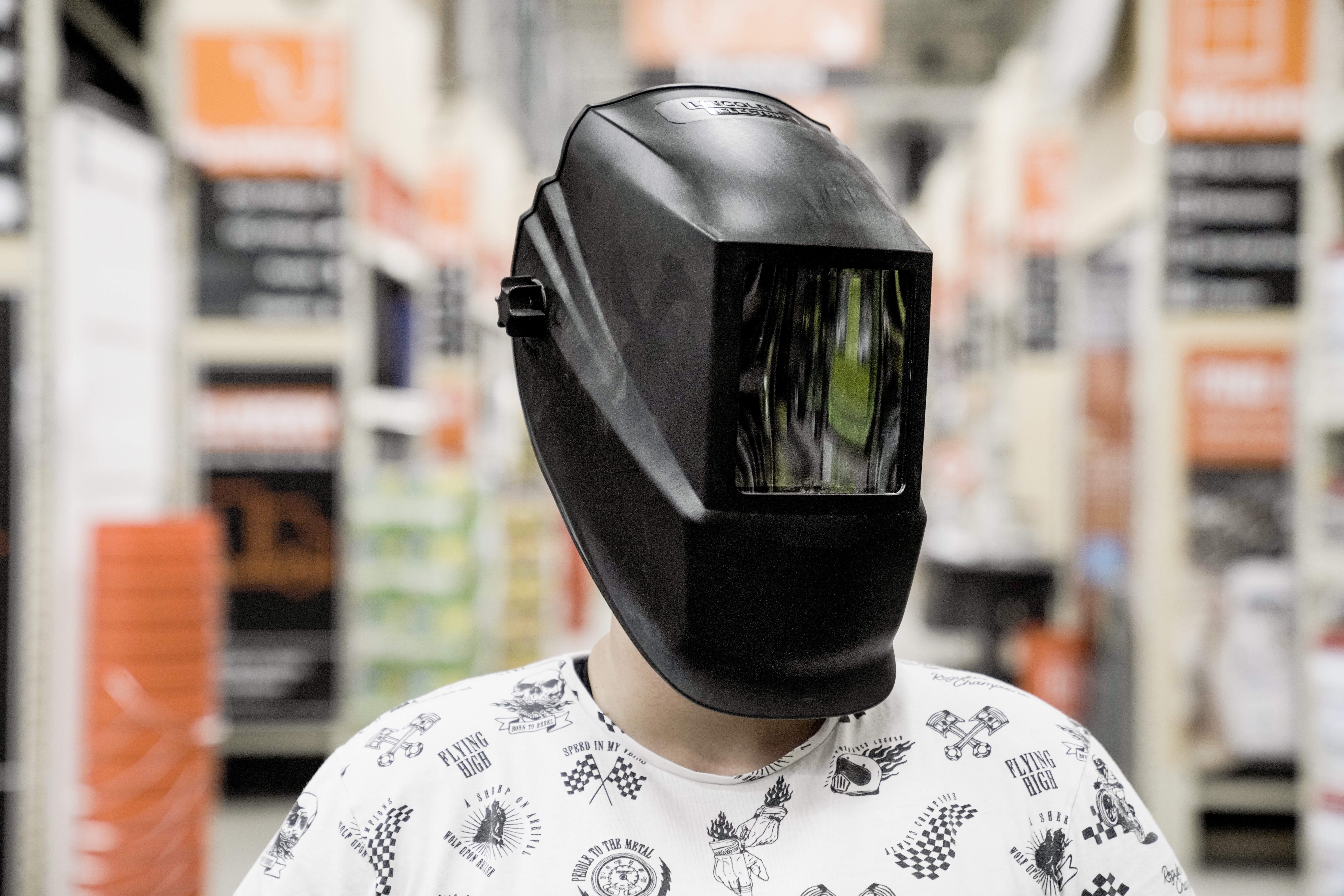
Miami, 2019. Photo: Barbara Matehu.
I wasn’t thinking of becoming a man back then, of getting testosterone injections, of planning my life as a transgender. The priority was survival. Who has time for self-discovery in communism? A body in dictatorship is a body in chains.
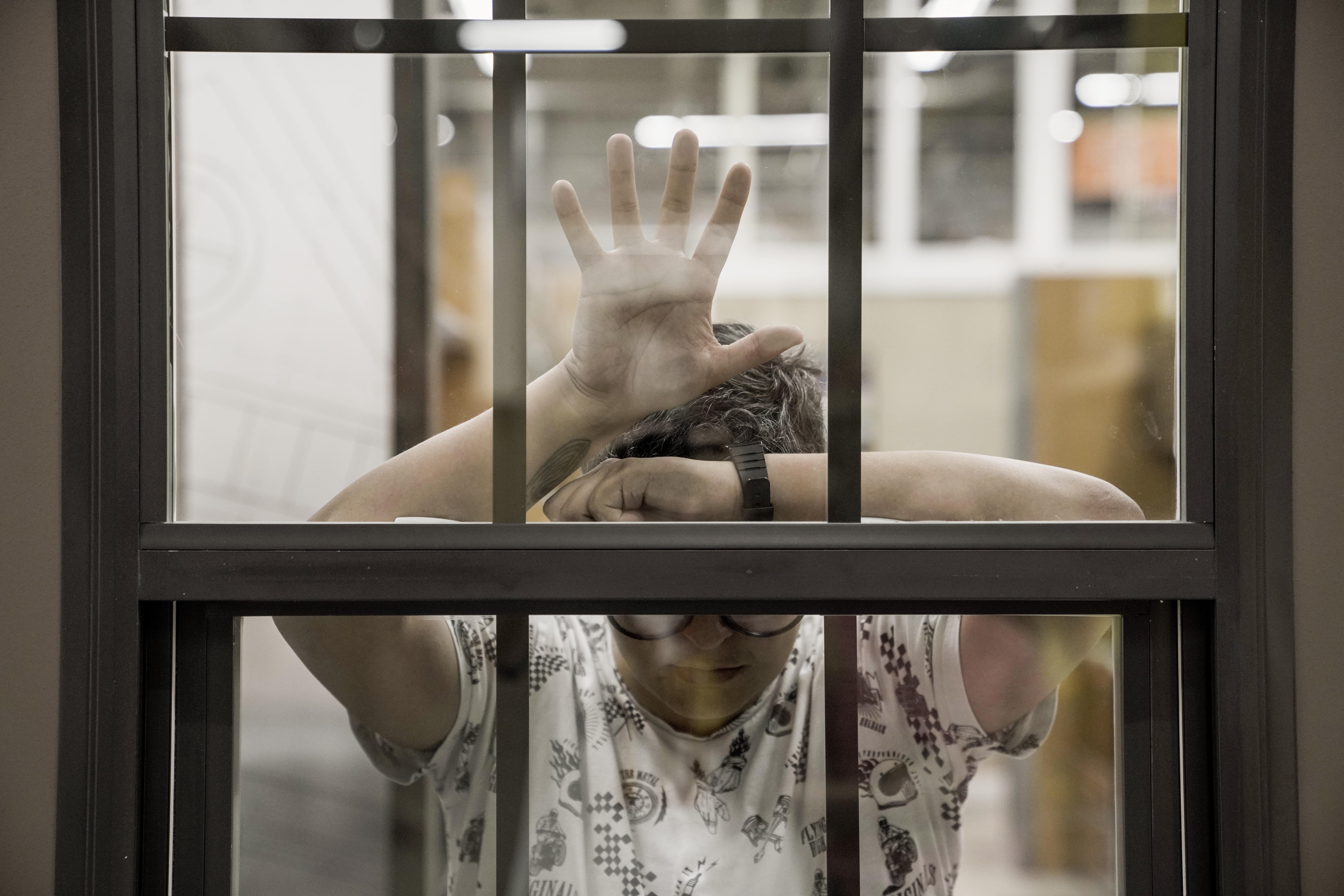
Miami, 2019. Photo: Barbara Matehu.
I watched as my fellow activists were taken prisoners or vanished overnight in exile. I also experienced first-hand the homophobia I had always dismissed, taking shelter under the skirts of friends, the academy and intellectuality.
Then, I too got scared and fled, crossed the Mordor of Maiquetía, convinced myself that I couldn’t live this way.
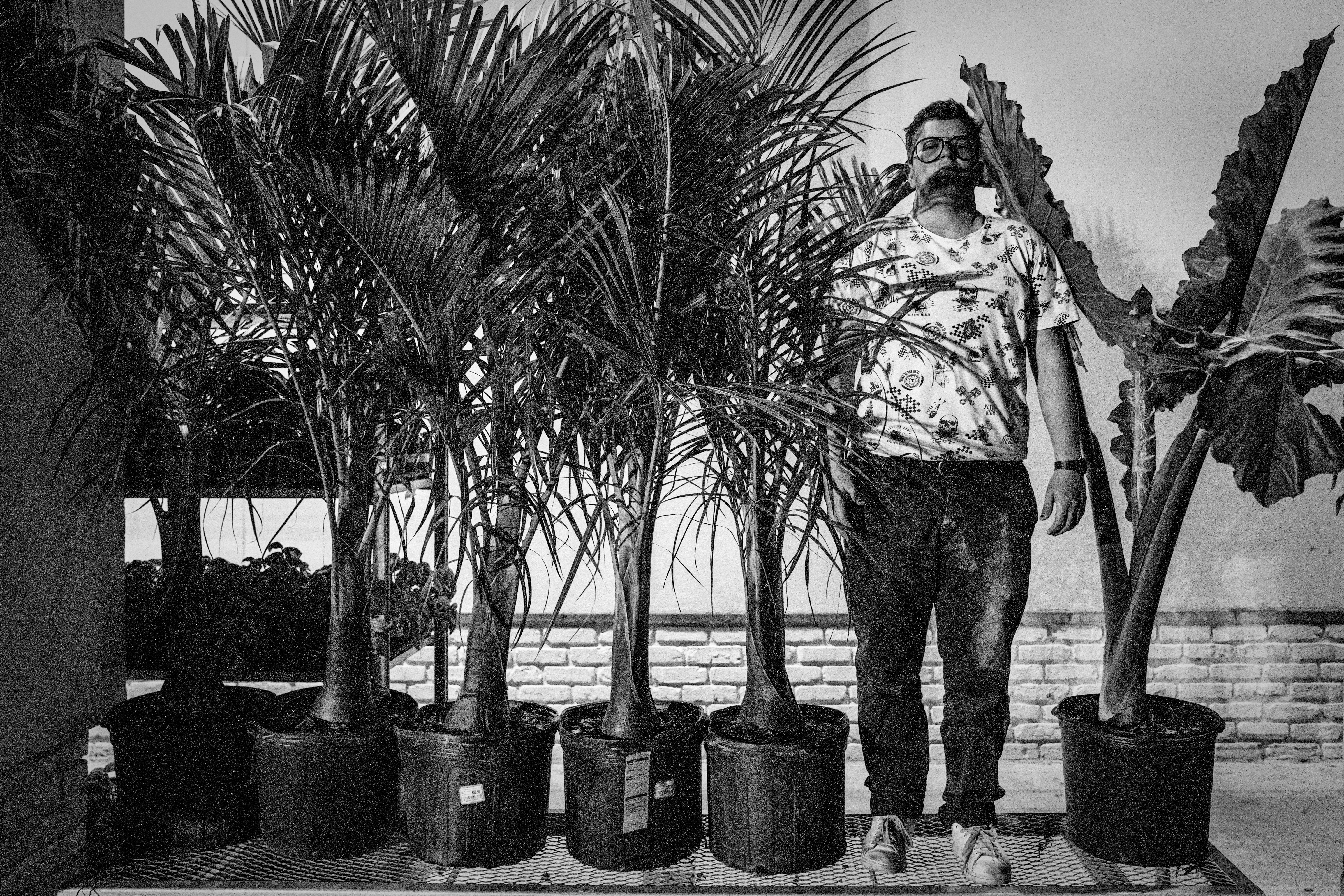
Miami, 2019. Photo: Barbara Matehu.
What’s Miami? Palm trees made my first impression. They were sad, colorless. I found out that many were transplanted as adult trees and cost thousands of dollars.
I developed a bond with these tropical plants: I was also uprooted from my homeland and placed on this avenue. Except I don’t cost as much as they do.
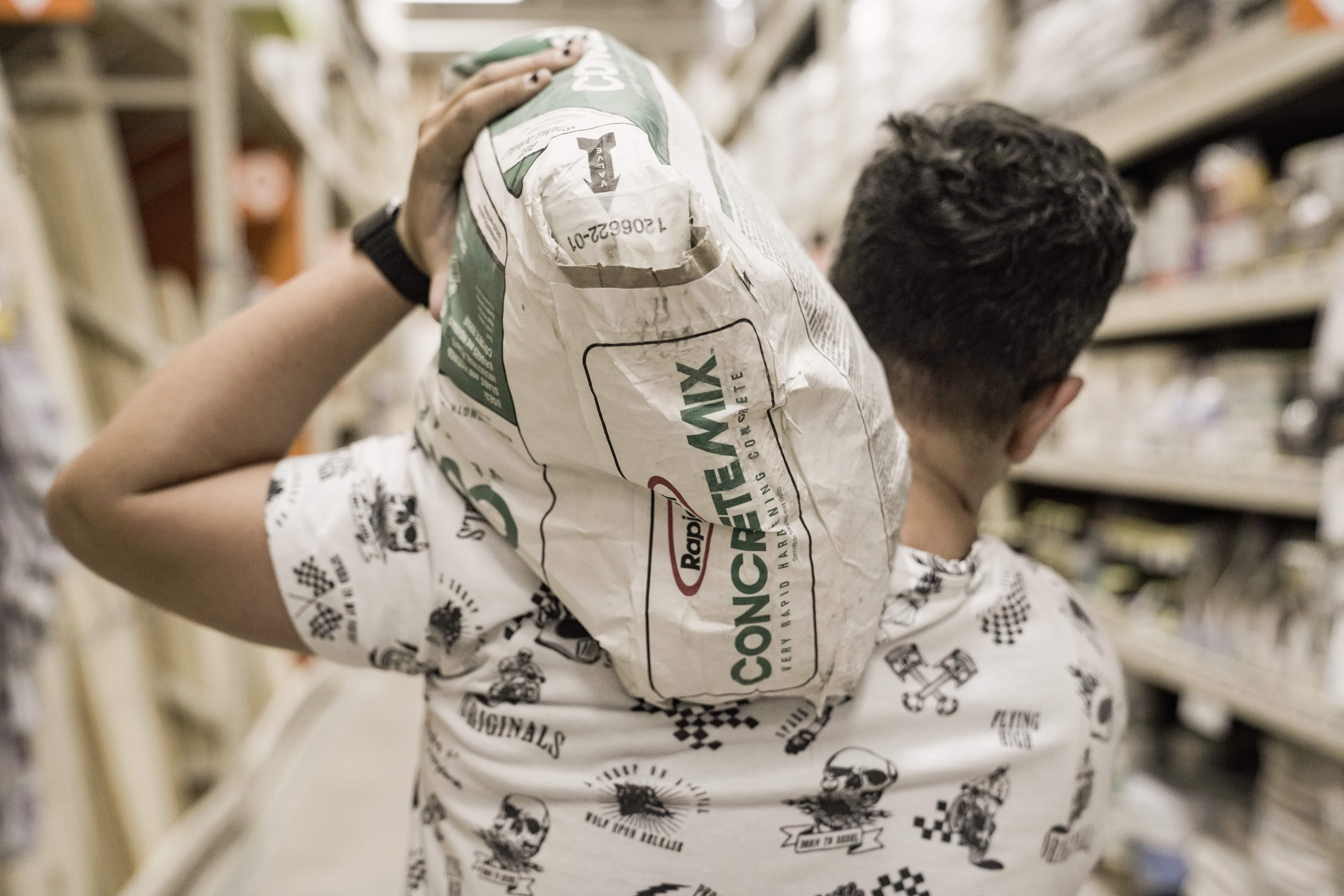
Miami, 2019. Photo: Barbara Matehu.
An immigrant’s story is his resume as an immigrant. This is mine:
- Seller of fruits with chocolate.
- Worker at a clothing warehouse.
- Dish-washer.
- Box-carrier.
- Field Organizer.
- Marketing specialist.
I felt the calling to become a transgender man when I could afford my first rent and filled my fridge almost a year after I left.
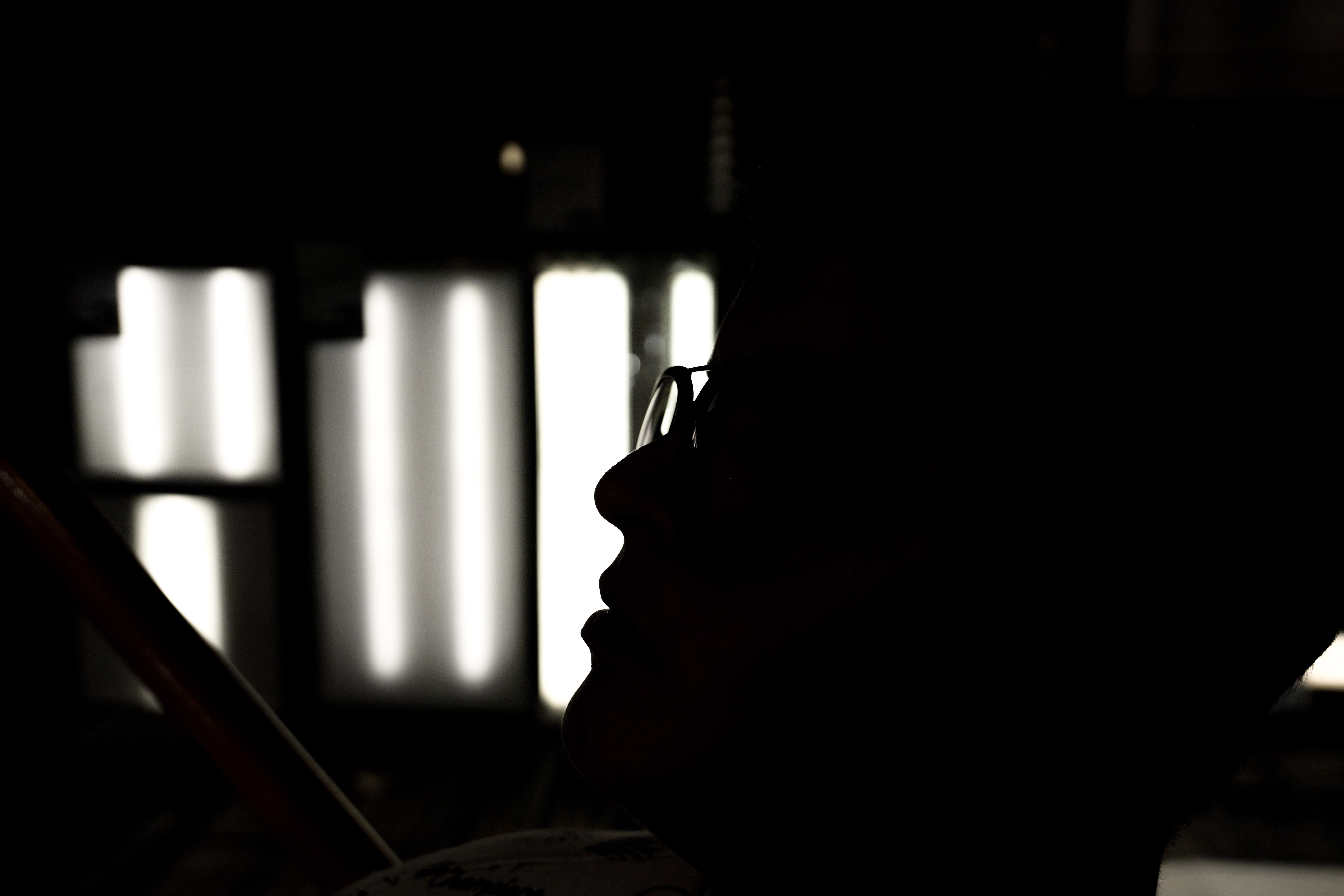
Miami, 2019. Photo: Barbara Matehu.
On October 2nd, 2018, I had my first testosterone shot. Since then, I’m a Venezuelan man in transition. If you’re wondering whether there are more Venezuelan men like me, the answer is yes, there are, both in the country and abroad. The Venezuelan trans community has migrated extensively to many corners of the world. Mexico, Costa Rica, Ecuador, Uruguay, Chile, Bolivia, Portugal, Netherlands, Brasil, Argentina, Aruba and the US are welcoming countries for transgender people. Those still in the country are suffering testosterone shortages, enduring the same hardships as anyone lacking medical treatment.
I live daily physical and emotional changes and I’ve been openly detailing them. I want to open up to Venezuela through this experience, because I think that we’ve gone backwards, that the world has phased out of our comfort zone. So I want to tell my people what I’m experiencing. It’s important for redefining our empathy and make peace with difference.
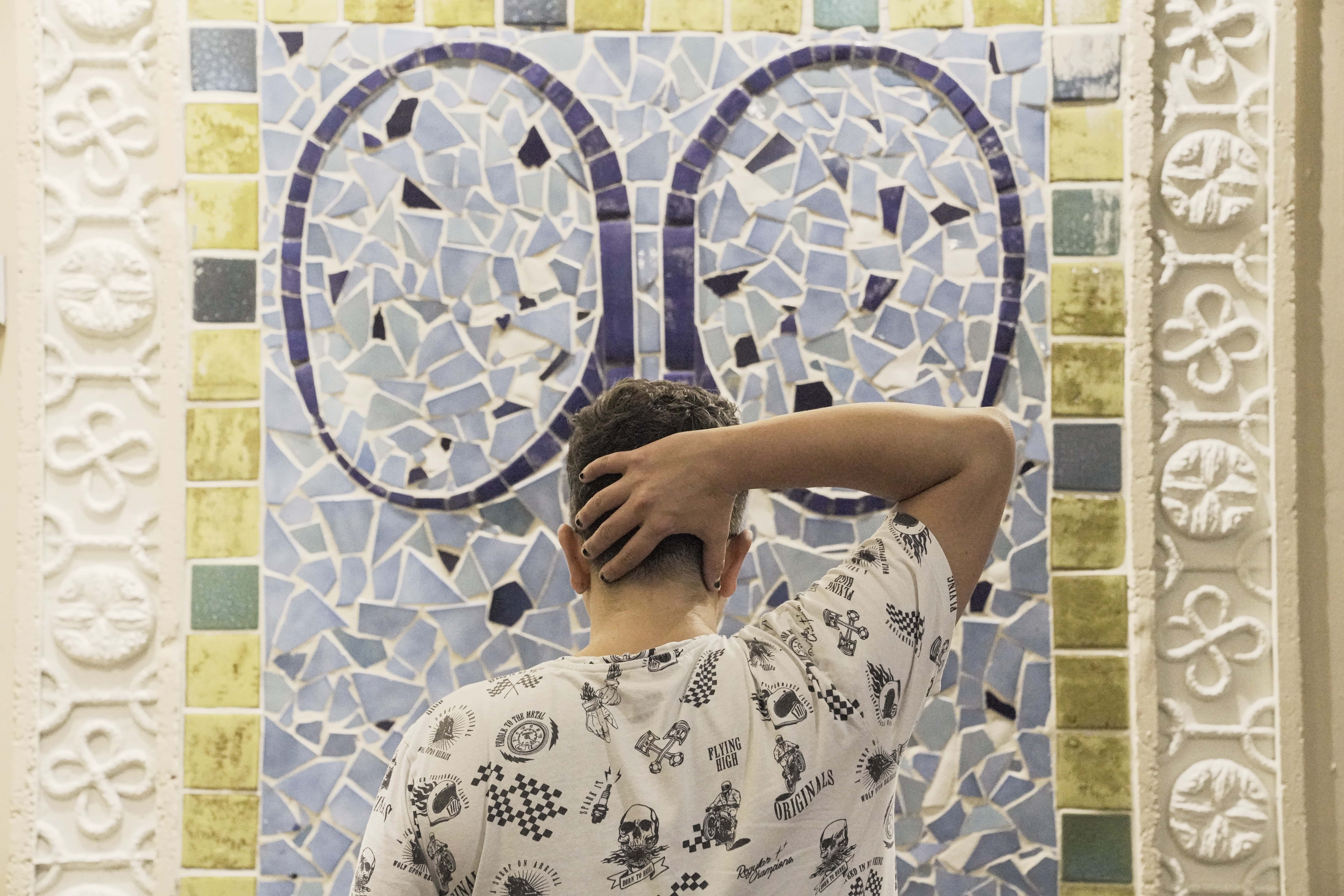
Miami, 2019. Photo: Barbara Matehu.
But I must also give Miami due credit. That city, disdained by many, has been the best partner in this transitional odyssey. Its own fragmented nature has made me reconcile with the fact that I’m a work in progress.
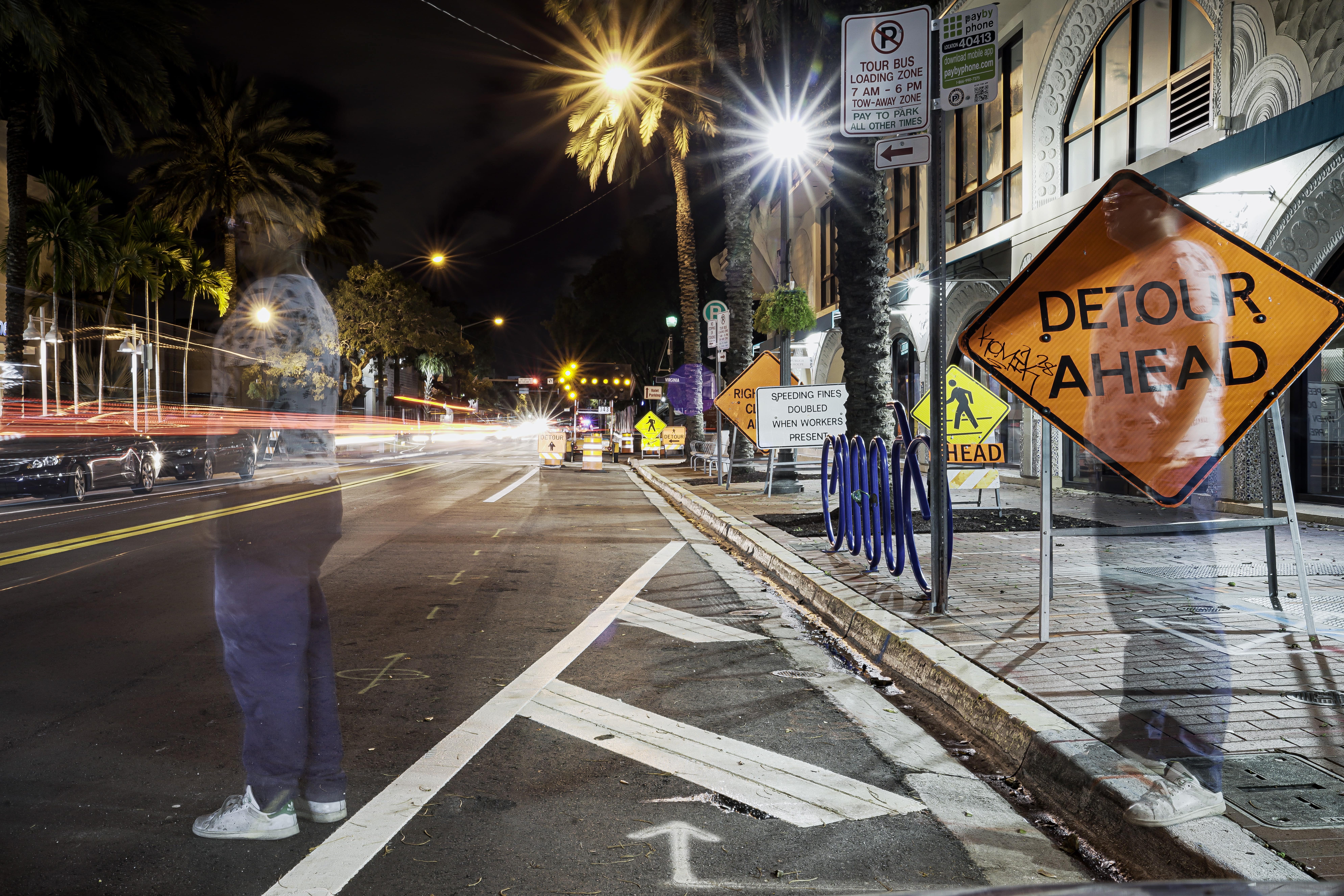
Miami, 2019. Photo: Barbara Matehu.
Between the familiar and the unknown. Between the Ávila and the sea. Between home and the place I live in. Between the impossible and the possible. Leaving and staying both require sacrifices.
But transitioning in country and gender isn’t about going from one point to the other, it’s about living in the here and now.
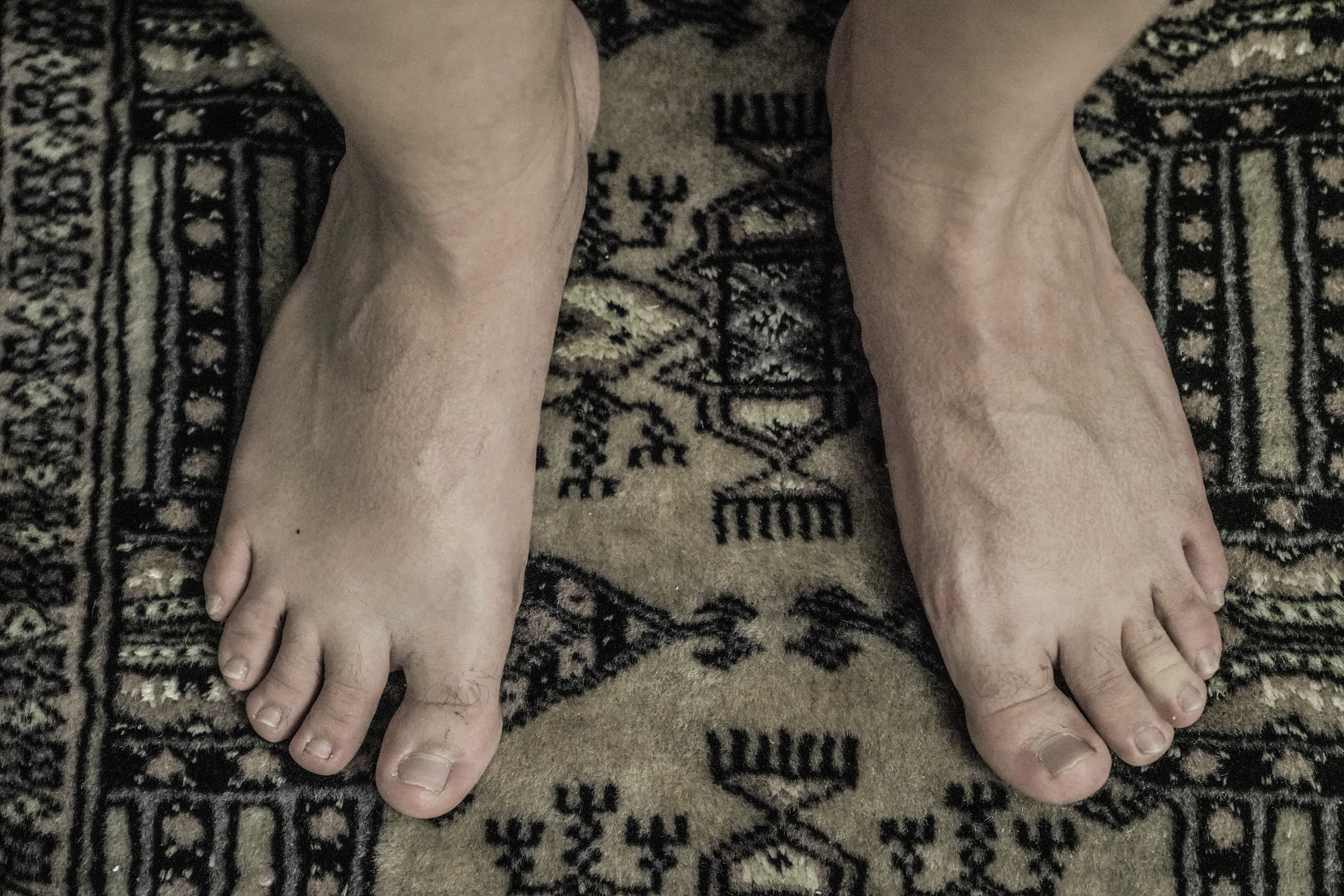
Miami, 2019. Photo: Barbara Matehu.
It feels like leaving and transitioning means letting go. Letting go means to cease to belong. Ceasing to belong means living the double crossroads.
I live the double crossroad of being a former Venezuelan woman and being a migrant man in transition.
Caracas Chronicles is 100% reader-supported.
We’ve been able to hang on for 22 years in one of the craziest media landscapes in the world. We’ve seen different media outlets in Venezuela (and abroad) closing shop, something we’re looking to avoid at all costs. Your collaboration goes a long way in helping us weather the storm.
Donate




